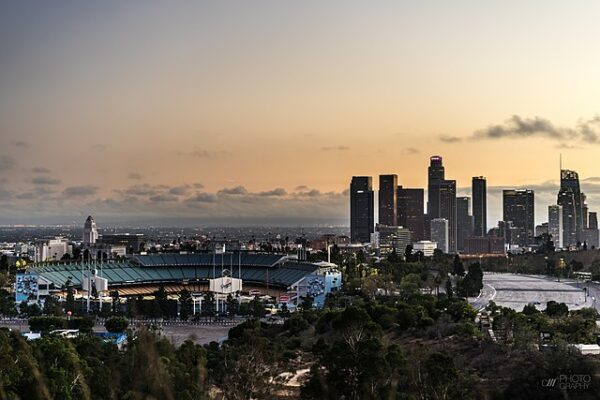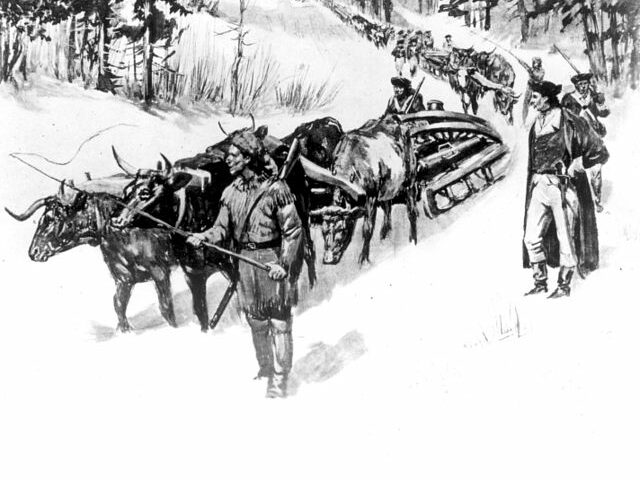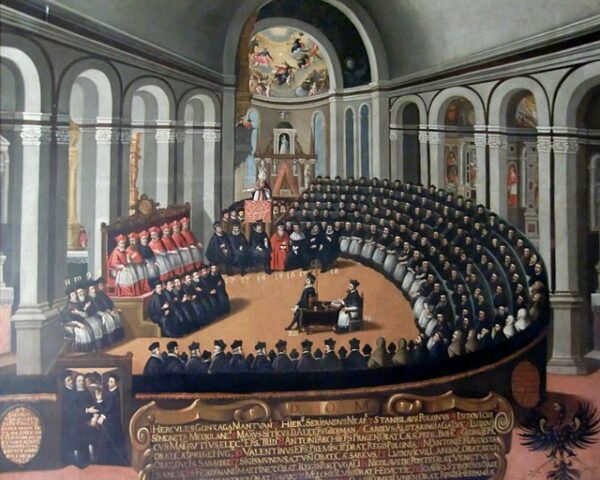On May 3, 1957, Walter O’Malley, the owner of the Brooklyn Dodgers, a team deeply loved by their fans, made a shocking decision. They were leaving Brooklyn for Los Angeles.
For Brooklynites, the Dodgers were more than just a baseball team; they were a cultural institution, a source of local pride, and a unifying force in a borough teeming with diversity and energy. Ebbets Field, with its intimate atmosphere and spirited crowds, was not merely a stadium but a hallowed ground where dreams were born and memories etched into the collective consciousness of a passionate fan base.
The news of the Dodgers’ departure sent shockwaves throughout Brooklyn, leaving fans feeling betrayed and abandoned. The team’s owner, Walter O’Malley, became a polarizing figure, vilified by many for uprooting a franchise deeply rooted in tradition for the allure of West Coast riches.
Yet, amid the heartache and resentment, there was also a sense of inevitability, a recognition that the move was emblematic of larger societal shifts taking place across America. The post-war era saw the rise of suburbanization, the expansion of interstate highways, and the advent of television, all of which contributed to the changing landscape of professional sports.
In Los Angeles, the Dodgers found a new home and a receptive audience eager to embrace Major League Baseball. The sprawling metropolis, with its burgeoning population and year-round sunshine, provided the perfect backdrop for a team looking to capitalize on the growing popularity of the sport.
The move to Los Angeles marked the beginning of a new chapter for the Dodgers, one defined by success, innovation, and cultural relevance. Under the leadership of O’Malley and the guidance of legendary figures like Jackie Robinson and Sandy Koufax, the team thrived in its new surroundings, capturing the hearts of fans on the West Coast and beyond.






